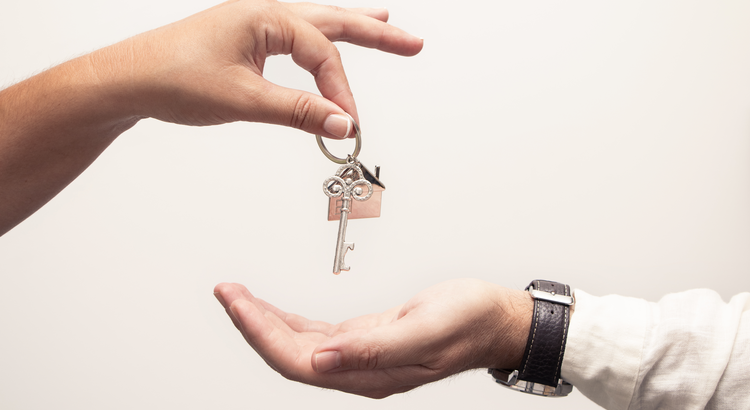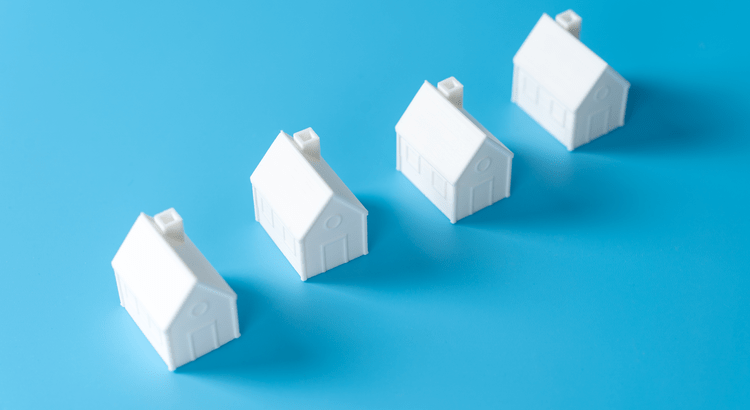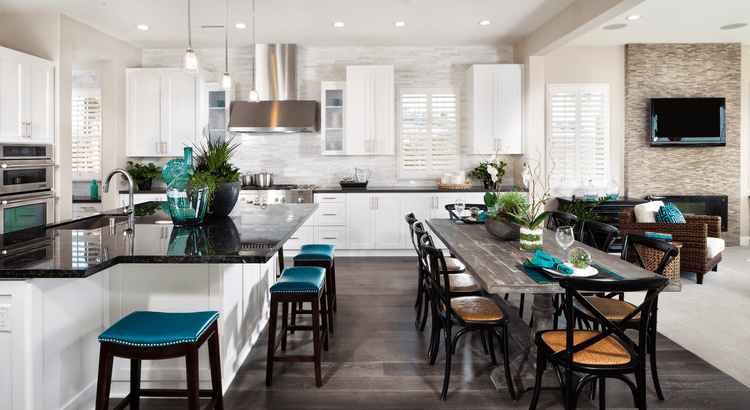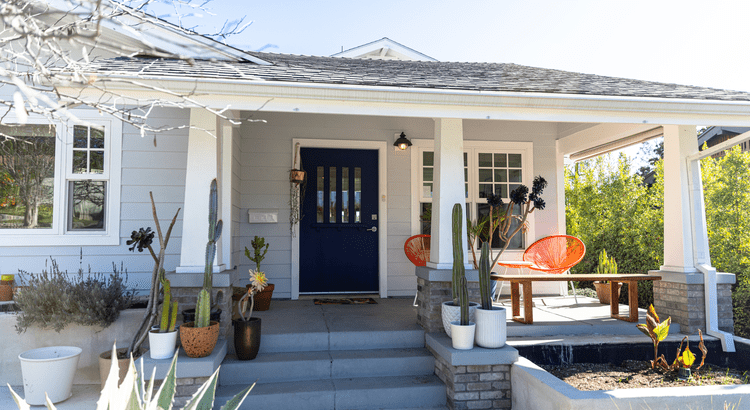More Than a House: The Emotional Benefits of Homeownership
Why Buying a Home in Reno, NV, is More Than Just a Financial Investment

With all the headlines about housing affordability, it's easy to focus solely on the financial aspects of buying a home. While it's crucial to ensure you can afford the home you purchase, it's equally important to remember why homeownership was so appealing in the first place. Buying a home in Reno, NV, is more than just a financial transaction. As the National Association of Realtors (NAR) highlights:
“The benefits of purchasing and owning your place of residence are both financial and emotional – pride in homeownership and the feeling of security are huge intangible benefits.”
Here are some of the emotional and lifestyle perks of homeownership that make it such a desirable goal, especially for first-time home buyers in Reno, NV.
A Sense of Satisfaction
Owning a home is often associated with better mental health and well-being. Achieving the milestone of buying a home provides a profound sense of satisfaction and pride. A recent article from the Mortgage Reports emphasizes this:
“By and large, homeownership brings more satisfaction than renting. . . Surveyees scored the overall happiness level of homeowners at 88% compared to 67% for renters.”
More Stability for Your Family
Homeownership offers the stability of putting down roots. If you're used to moving each time your lease renews and rent increases, owning a home allows you and your loved ones to stay put and build lasting relationships. The National Association of Realtors (NAR) explains:
“Families also benefit from homeownership, with studies proving that parents are able to spend less time in a stressed state, therefore spending more time with their children. The ability for parents to feel stable has a huge impact on children’s behavioral issues, educational success, and future economic success.”
A Stronger Feeling of Community
Homeownership fosters a sense of belonging. According to FinHabits:
“Homeowners tend to be more involved in their local communities, leading to a stronger sense of belonging . . .”
Your home connects you to your neighborhood and the broader community, giving you a stake in its future. This connection encourages you to become more involved and to build long-term relationships with your neighbors.
The Ability To Make the Space Your Own
Owning a home means you can customize it to your liking. Unlike renting, where you're often limited in making changes, homeownership allows you to express your style and make improvements. Whether it’s small home projects or full-scale renovations, your house can evolve with your tastes and lifestyle, providing a unique sense of ownership and personal satisfaction.
Bottom Line
If you want to experience the sense of accomplishment and pride that comes with buying a home in Reno, NV, let's discuss what steps you need to take to make this future a reality.
The Biggest Mistakes First-Time Home Buyers in Reno, NV Are Making Today
First-time home buyers in Reno, NV, face challenges in any market – and today’s is no different. With higher mortgage rates, rising prices, and limited home supply, there’s a lot to consider. Avoid these common mistakes by leaning on a real estate agent for the best possible advice.
Putting Off Pre-approval
A lender will assess your finances to determine what they’re willing to loan for your mortgage, giving you a clear idea of your borrowing capacity. As CNET explains:
“If you wait to get preapproved until the last minute, you might be scrambling to contact a lender and miss the opportunity to put a bid on a home.”
Holding Out for Perfection
While you may have a list of must-haves and nice-to-haves, it’s essential to be realistic. Inventory is still low, and finding a home that checks every box might be challenging. Investopedia notes:
“When you expect to find the perfect home, you could prolong the homebuying process by holding out for something better. Or you could end up paying more for a home just because it meets all your needs.”
Buying More House Than You Can Afford
With today’s mortgage rates and home prices, it’s tempting to stretch your finances to get the house you want. However, overextending your budget can lead to financial strain. Bankrate advises:
“Focus on what monthly payment you can afford rather than fixating on the maximum loan amount you qualify for.”
Not Working with a Local Real Estate Agent
Navigating the homebuying process alone can be overwhelming. A local real estate agent can provide professional guidance, market expertise, and support, making the process smoother and less stressful. As CNET explains:
“Attempting to buy a home without a real estate agent makes the process more arduous than it needs to be.”
Bottom Line
Avoiding common mistakes can save you time, frustration, and money. If you're buying a home in Reno, NV, connect with a real estate agent to help you navigate the process effectively.
How an Agent Helps Market Your House
When you're ready to sell your house in Reno, NV, you need an effective marketing strategy from your real estate agent. The National Association of Realtors (NAR) found that sellers highly value their agents' ability to market their homes. Here’s how an agent can help:
- Listing on the MLS: Ensures maximum visibility to other real estate agents and buyers, leading to increased traffic and offers.
- Using a Yard Sign: Attracts local interest and displays your agent’s contact information.
- Having an Open House: Generates interest and competition among buyers, potentially leading to better offers.
- Showcasing on the Agent’s Website: Reaches serious buyers ready to make a move.
- Social Networking: Expands the audience through the agent's social media presence.
- Providing Virtual Tours: Convenient for buyers, especially those relocating, showing the agent’s use of the latest technology.
Bottom Line
Marketing your house effectively involves various strategies. Working with a local real estate agent in Reno, NV, ensures you maximize your home's exposure and attract the right buyers. If you're ready to sell, let's chat about how to get started.
How Climate Risks Affect Your Next Home in Reno, NV
Climate change is an important consideration when buying a home in Reno, NV. As the National Association of Realtors (NAR) explains:
“Sixty-three percent of people who have moved since the pandemic began say they believe climate change is—or will be—an issue in the place they currently live.”
To ensure your investment is safe from environmental hazards, work with a local real estate agent who understands the area's risks, including wind, floods, and wildfires. Consider the quality of the home and the insurance needed to protect it.
- A Home Built to Last:
Ensure the home can withstand environmental hazards by incorporating building and remodeling techniques that protect against climate change effects.
- Insurance To Protect It:
Factor in the cost and availability of insurance, especially in areas where climate risks are significant,
Bottom Line
Climate change impacts real estate decisions. By planning ahead and seeking expert advice from a local real estate agent in Reno, NV, you can find a home that is both a safe and smart investment. Let’s connect to find the perfect home for you.
Share this post




